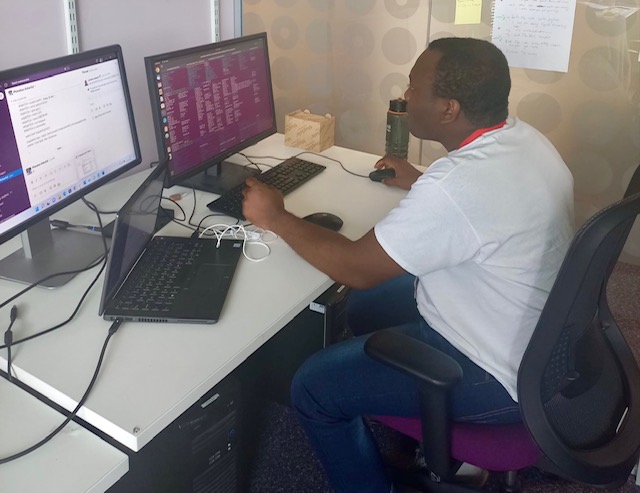Addressing Europe’s cancer challenge through a data-enabled lens – using data to help drive policy change
14 May 2019
Guest Blog - Professor Mark Lawler, Chair in Translational Cancer Genomics, Queen's University Belfast (HDR UK Wales and Northern Ireland)
Is research good for your health? Or maybe to put it another way – does lack of research lead to poorer health? It’s a challenging question but one that is starting to yield some interesting answers. And it’s all down to the collection and analysis of accurate data. Research led by our groups at Queen’s and King’s (more commonly known as Queen’s University Belfast and King’s College London), in close collaboration with researchers in Central and Eastern Europe (CRR) and the Commonwealth of Independent states (CIS), and published in the European Journal of Cancer, has, for the first time allowed us to define the landscape of cancer research activity in the region.
And it makes for interesting reading. Our data highlights that increasing Gross Domestic Product (GDP) is associated with increasing cancer burden. Prevention /public health approaches could help reduce these cancer trajectories, but our data show that these are the most poorly researched domains across the region. Similarly, our data indicate that there is a high burden of colorectal, lung and gastric cancer in the region – but research dedicated to these site-specific malignancies falls seriously short of what is required.
This intelligence has proved very useful to our colleagues in CEE/ CIS, as they provide potential levers to help them influence cancer policy in their own respective countries/regions. And recent data, first published for colorectal cancer in the UK, also seems to hold true for other cancers across Europe, based on our data just published in the Journal of Cancer Policy. These data emphasise how patients treated in “research-active” hospitals/health centres have better outcomes, providing more ammunition for our colleagues in CEE/CIS to insist that cancer research is embedded within National Cancer Control Plans. So a data-enabled lens can reveal inequalities and challenges which must be addressed to ensure better cancer control for citizens and nations across all of Europe. And I haven’t mentioned the “B” word!



